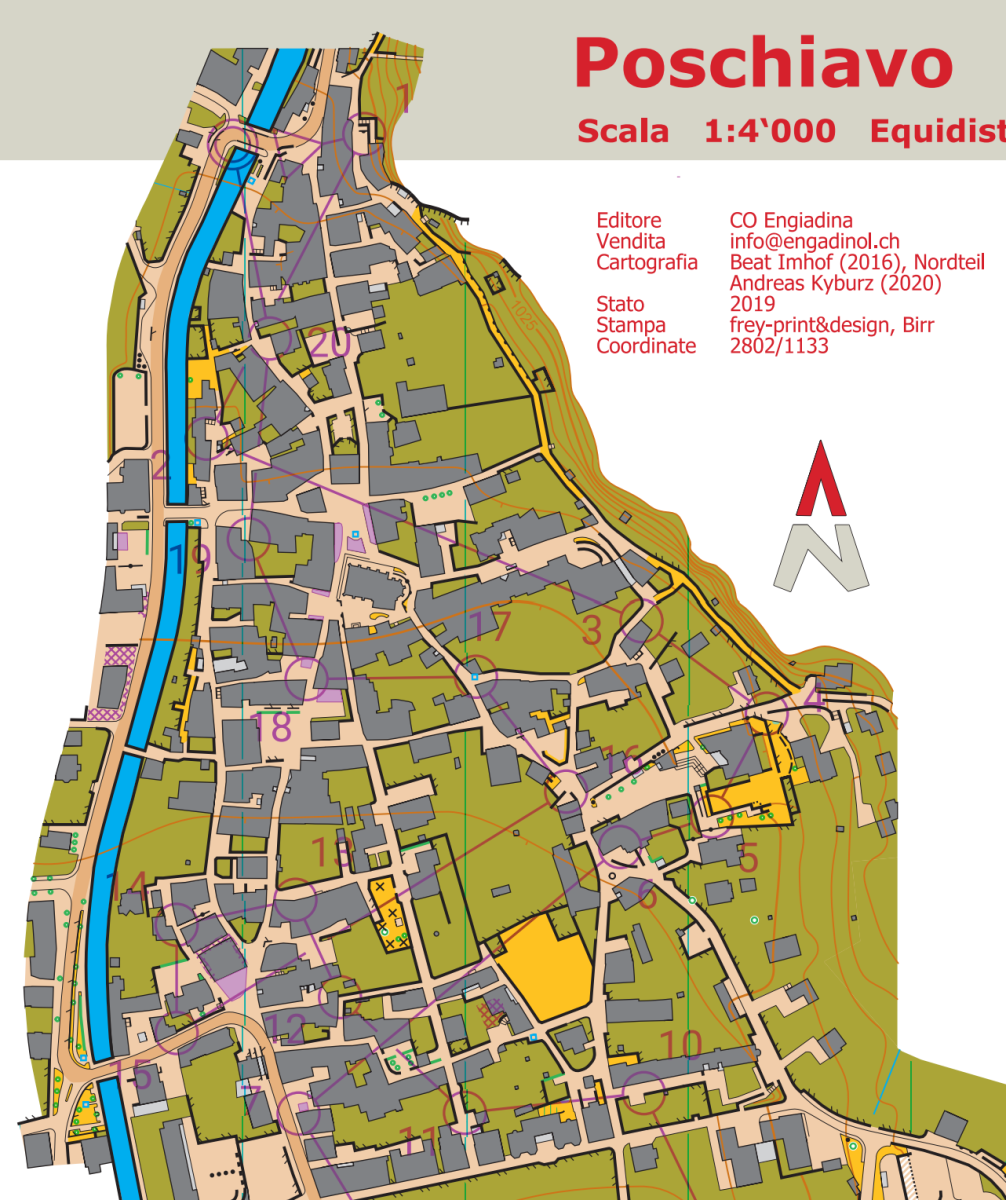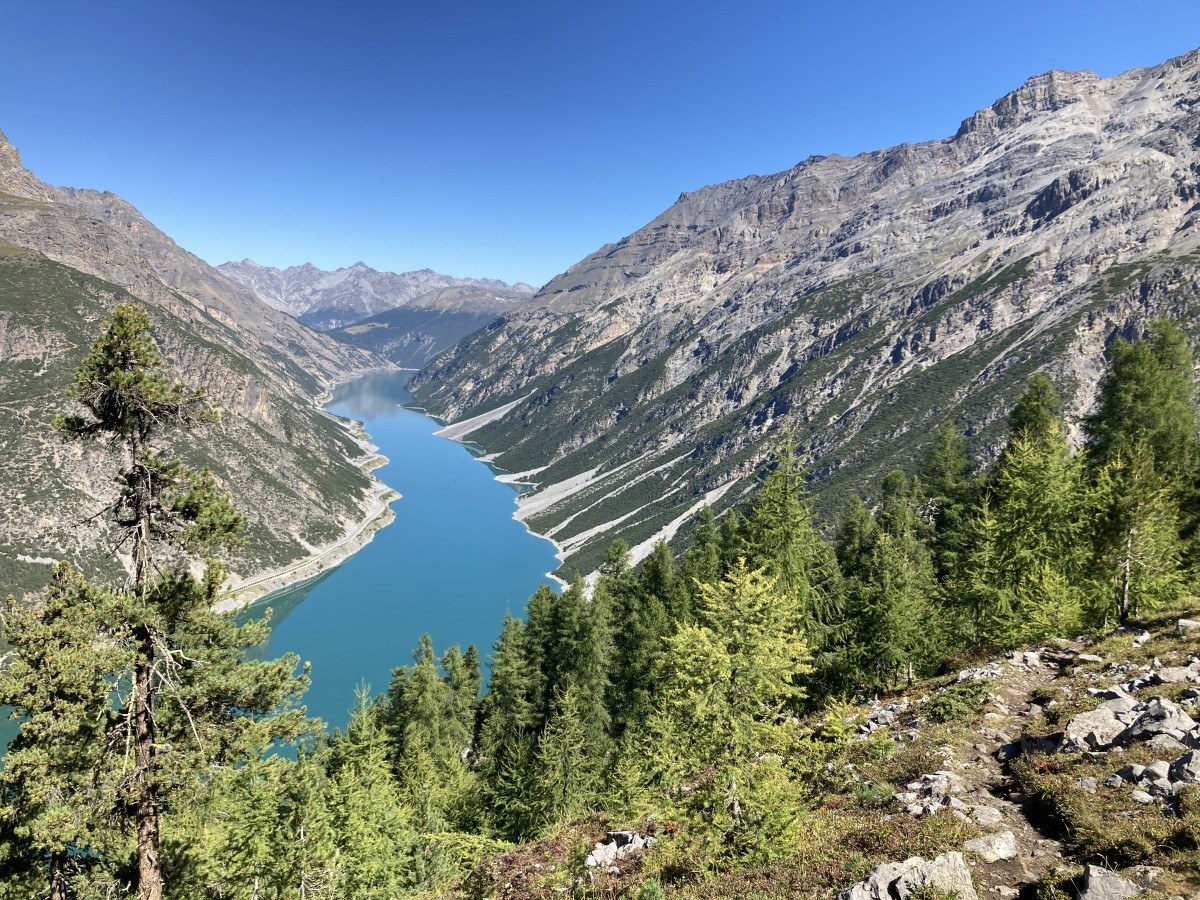GBR team altitude training
In 2023 we gave a grant towards a high altitude training program for athletes preparing for international races. Here we catch up with a review of the program, and hear about plans to continue it into 2024.
In November 2022 British Orienteering submitted a proposal to the Orienteering Foundation, for funds to support an altitude training program for senior athletes. The benefits of altitude training are well researched and documented, and a well balanced program can make a positive impact to the physiological fitness and ultimately on the performance of our athletes. Following the successful application, the British Orienteering senior coaching team - led by Bernie Dietzig who was performance director at the time - discussed how to utilise the funds most effectively. The team settled on the following conclusions:
- There were insufficient funds to run a comprehensive altitude program for the full senior squad. However, the funds were sufficient to introduce and "sell" the concept of altitude training in 2023, ahead of a possible wider program ahead of Sprint WOC 2024 in Edinburgh.
- The team decided to allocate the funds from the Orienteering Foundation grant to senior athletes on a "first come, first serve" basis, with individual applications vetted by the senior coaching staff.
- Successful athletes were asked to monitor their stay at altitude (heart rate and oxygen saturation at rest and during a controlled submaximal treadmill test).
Through the 2023 season eight athletes have trained at altitude:
- Megan Carter-Davies
- Grace Molloy
- Jo Shepperd
- Ben Mitchell
- Ralph Street
- Peter Hodkinson
- Joshua Dudley
- Chris Smithard
Livigno (Italy, 1800m) was chosen as an ideal base for this intervention. The athletes had orienteering maps for the area (at around 1800 to 2200m), plenty of opportunity for high altitude trail running (up to 3300m) and access to a 400m track in Livigno. British Orienteering arranged discount rates at the Alpen Resort Hotel Bivio. The athletes used the resort at various points of their preparation leading into major championships in 2023 (World Champs, and World Cup 3 / European Championships). See the bottom of this article for an example of one of the sprint training areas that the group had available to them.
The purpose of this first exposure to altitude training was to learn more about the individual physiological responses and adaptations, and subsequent race performance impact. Whilst some of these factors are relatively easy to measure, factors such as "race performance" are less straight forward. An example of a workload adaptation from one of the athletes whilst at altitude is outlined below.

This indicates how this athlete adapted well to the altitude. On the first treadmill test run at 15.7km/h on day one of the camp, this athlete produced 2.8mmol/L blood lactate. On day six of the camp his blood lactate dropped to 1.4 mmol/L, which indicates that this particular athlete adapted really well to the altitude stimulus.
As a whole, the athletes and the coaching team felt that the altitude exposure had a positive impact on performance. The athletes felt well prepared and "in great shape" when racing at the target competitions of the year. Some of the athletes followed up with a further exposure to altitude leading into their second peak of the season (European Champs following the World Champs).
Peter Hodkinson, one of the athletes commented:
It was my first time doing a decent-length altitude camp and I was keen to test that my reaction and recovery from the training were good. Myself, Ralph and Chris were there for 3 weeks and timed it so that the return to sea level was a similar number of days prior to Europeans as it's likely to be before WOC 2024 - by replicating a similar schedule I'm confident that doing the same this summer will be great physical preparation, without the uncertainty of potentially feeling bad after returning to sea level. It was also a really lovely place to train and explore, and we got lucky with some fantastic weather!
As Peter suggests, the aim now is for an altitude training stimulus to be built into the program again in 2024, and for this to be a well organised "programme activity" including all athletes preparing for WOC 2024.
British Orienteering and the athletes taking part in altitude training in 2023 would like to thank the Orienteering Foundation for their support.

